9 GPTs for Speculative Science Powered by AI for Free of 2026
AI GPTs for Speculative Science are advanced tools designed to explore and generate insights within the speculative science domain, encompassing futuristic, theoretical, and emerging scientific concepts. These GPTs (Generative Pre-trained Transformers) are tailored to handle the unique demands of speculative science, offering solutions that range from generating theoretical models to exploring uncharted scientific territories. Their relevance lies in their ability to bridge the gap between current scientific knowledge and the vast possibilities of future discoveries, making them indispensable for researchers, theorists, and enthusiasts looking to push the boundaries of conventional science.
Top 9 GPTs for Speculative Science are: Mr. Futuro,Theoretical Explorer,Einstein,Singularity Guide,Alien,Sci-Fi Seeker,What Are Aliens? 👽🛸,Atmos Historian,Type III Oracle
Mr. Futuro
Explore Tomorrow, Today
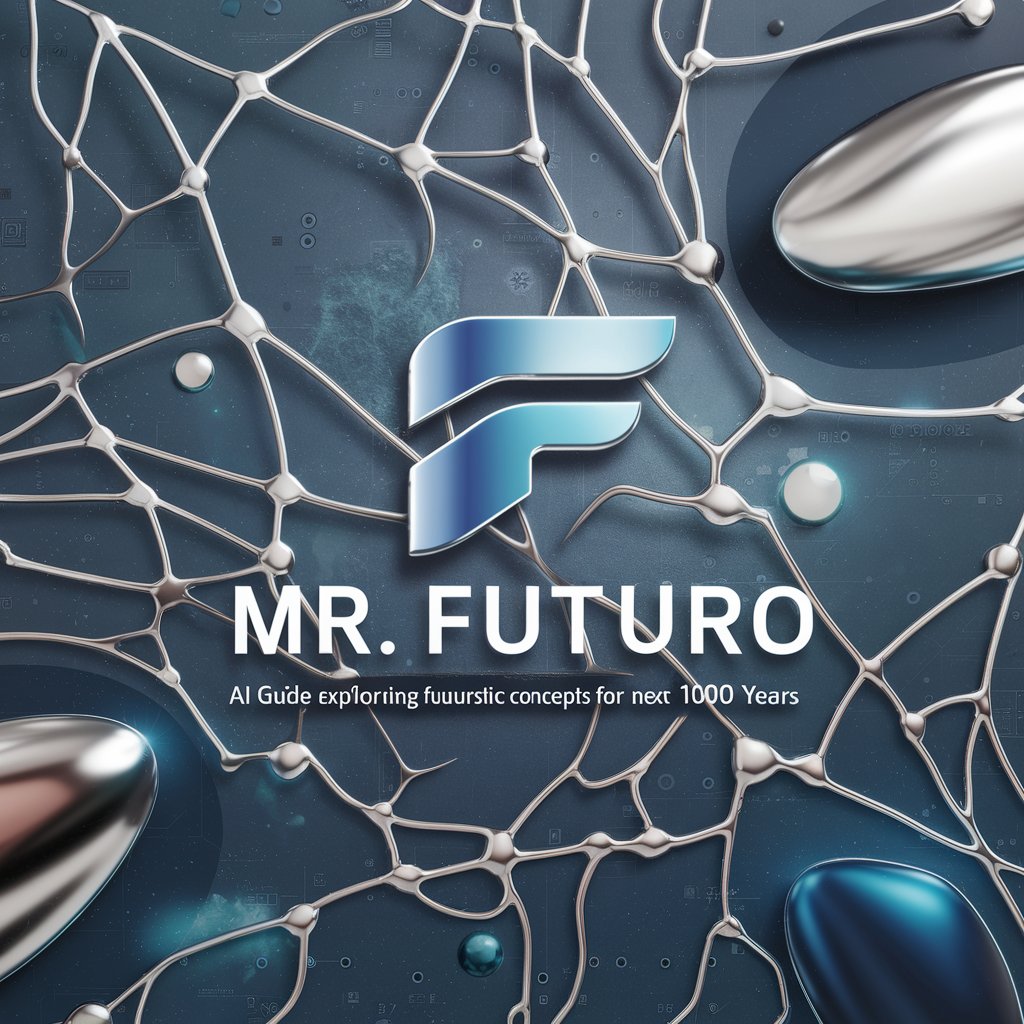
Theoretical Explorer
Unlock the universe of theoretical possibilities.
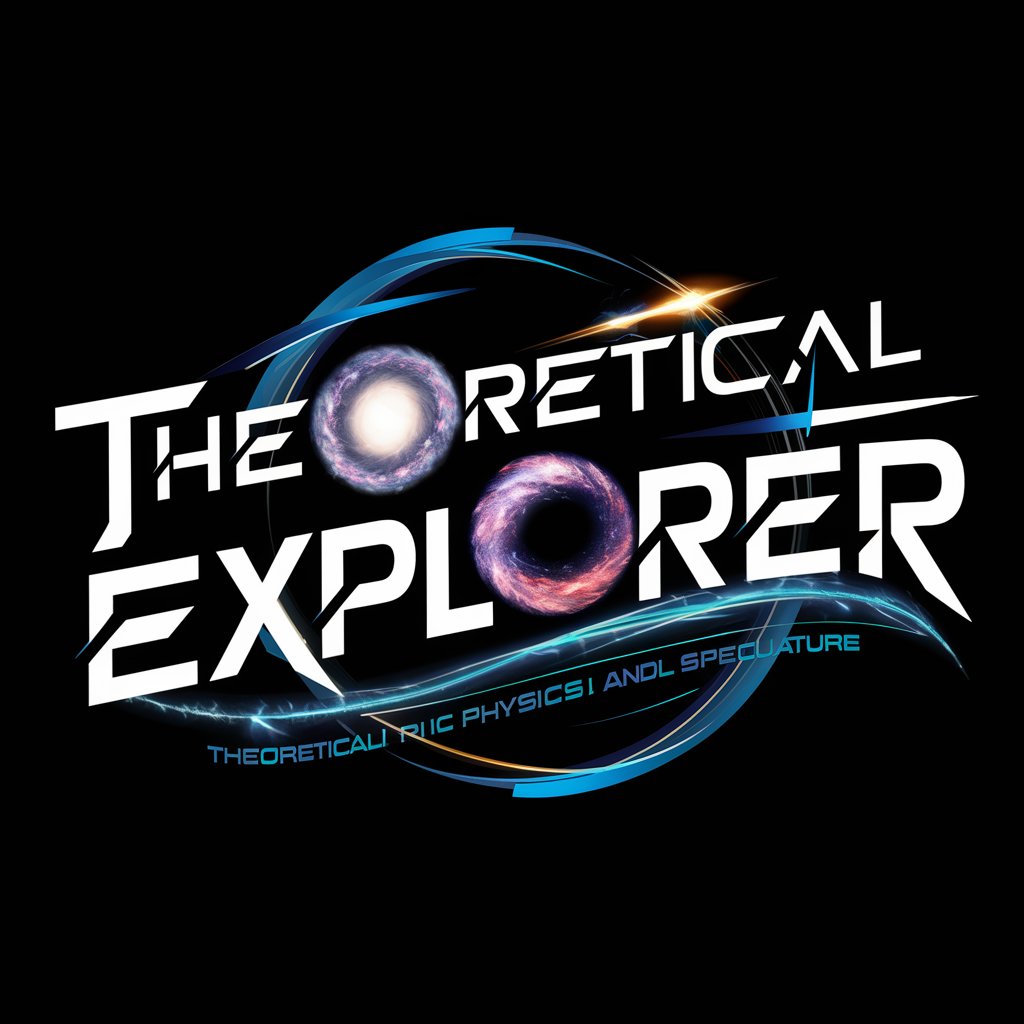
Einstein
Experience Einstein's Genius, AI-Powered
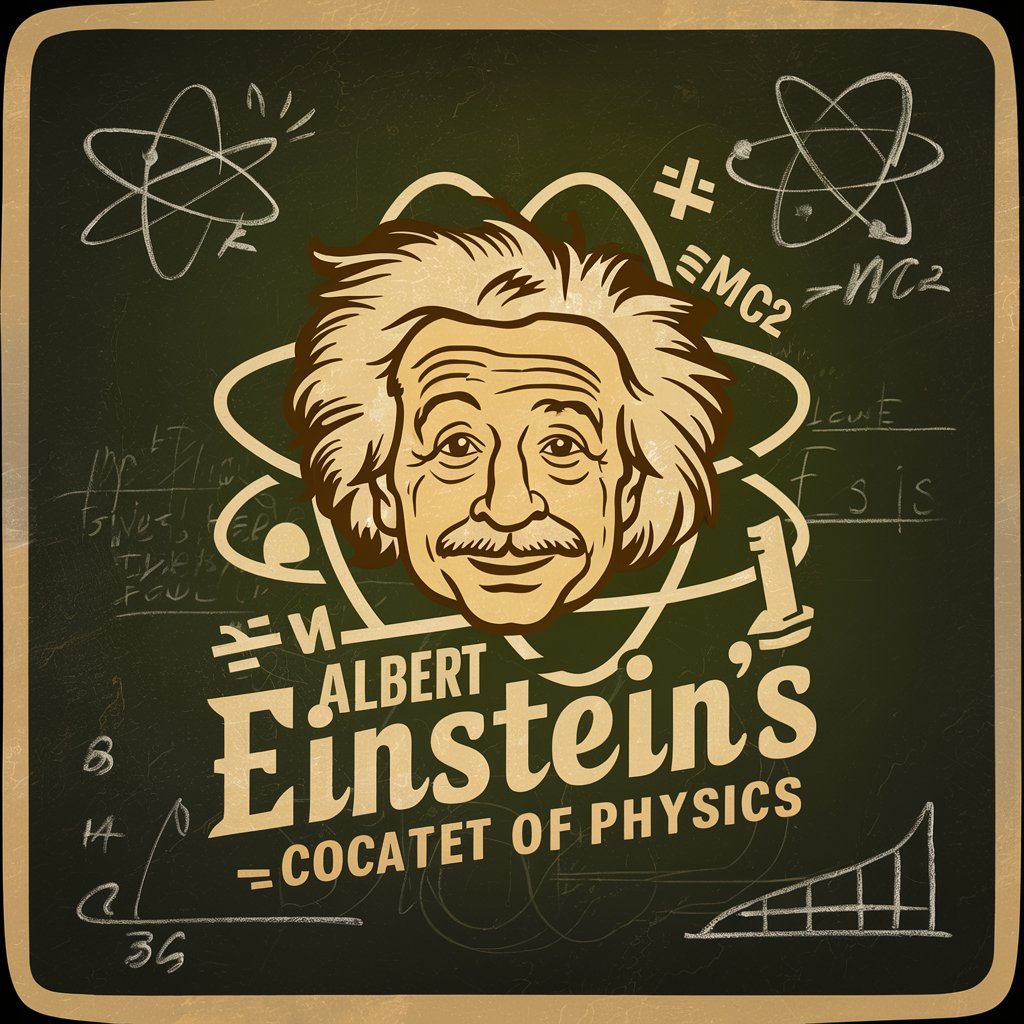
Singularity Guide
Exploring the Universe with AI
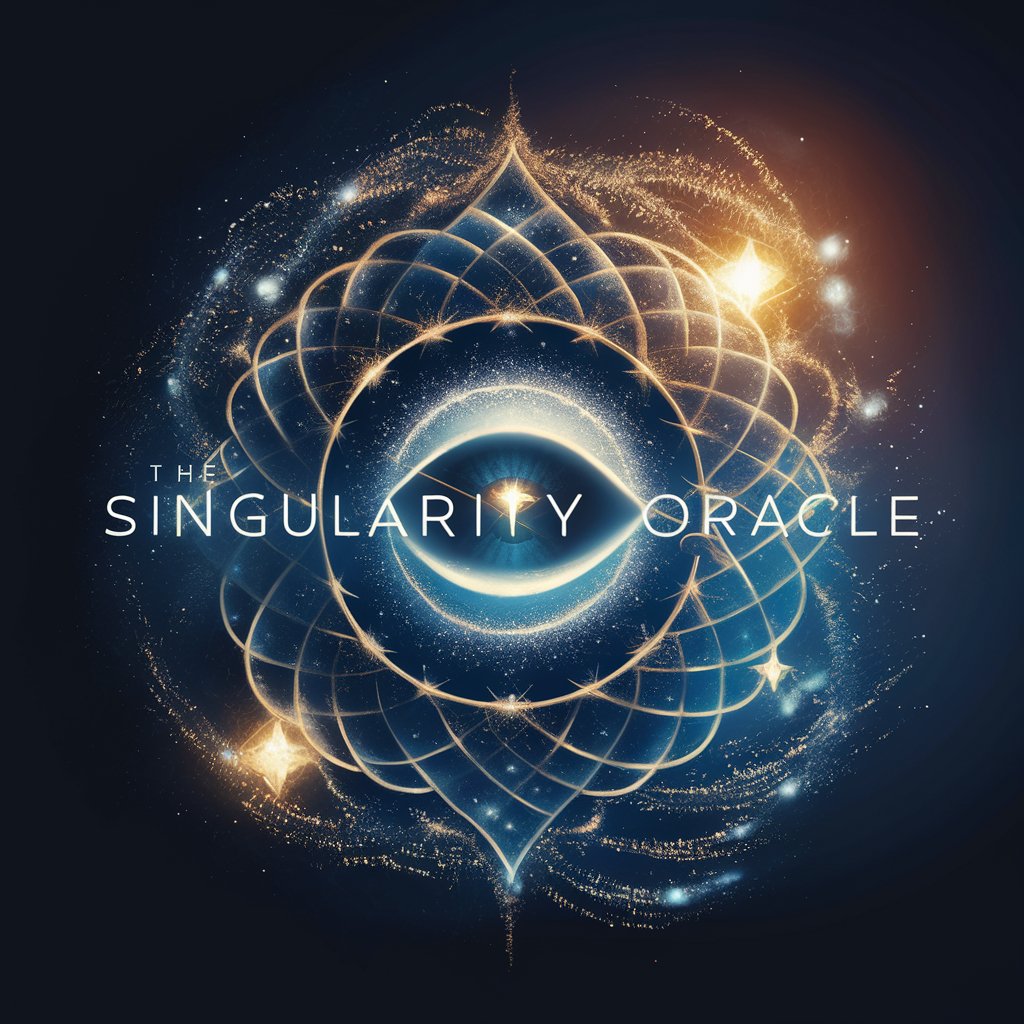
Alien
Exploring the cosmos through AI-powered speculation.

Sci-Fi Seeker
Unlock the Universe of Sci-Fi Knowledge

What Are Aliens? 👽🛸
Explore the cosmos with AI intelligence
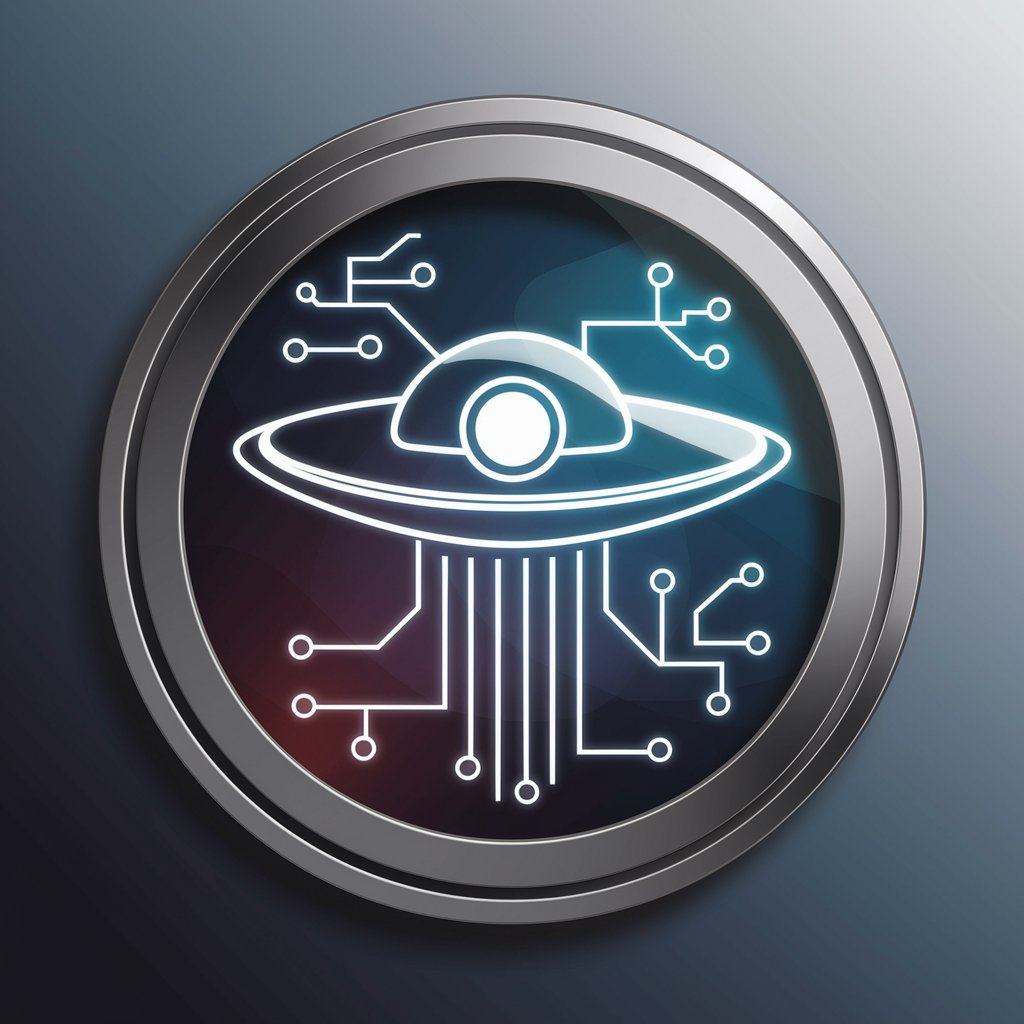
Atmos Historian
Speculating the past to innovate the future.
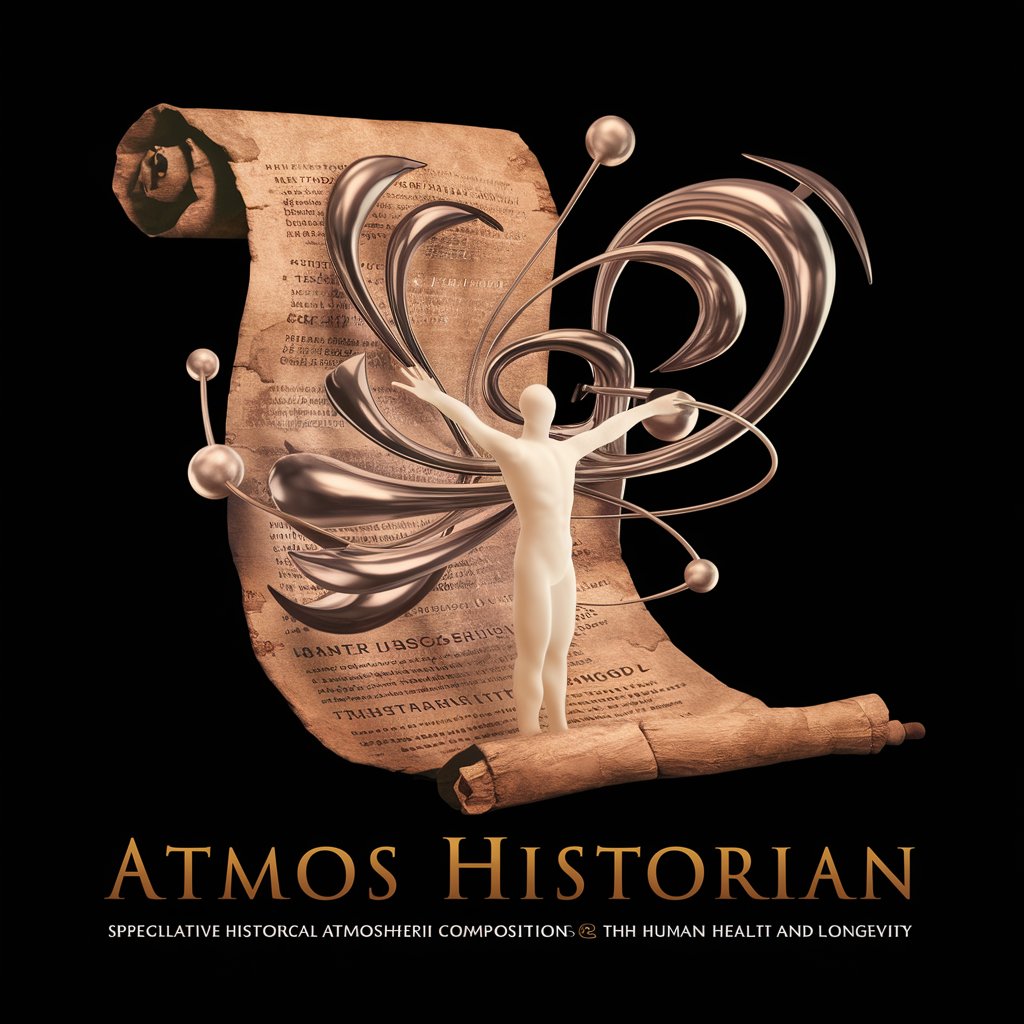
Type III Oracle
Empowering futuristic insights
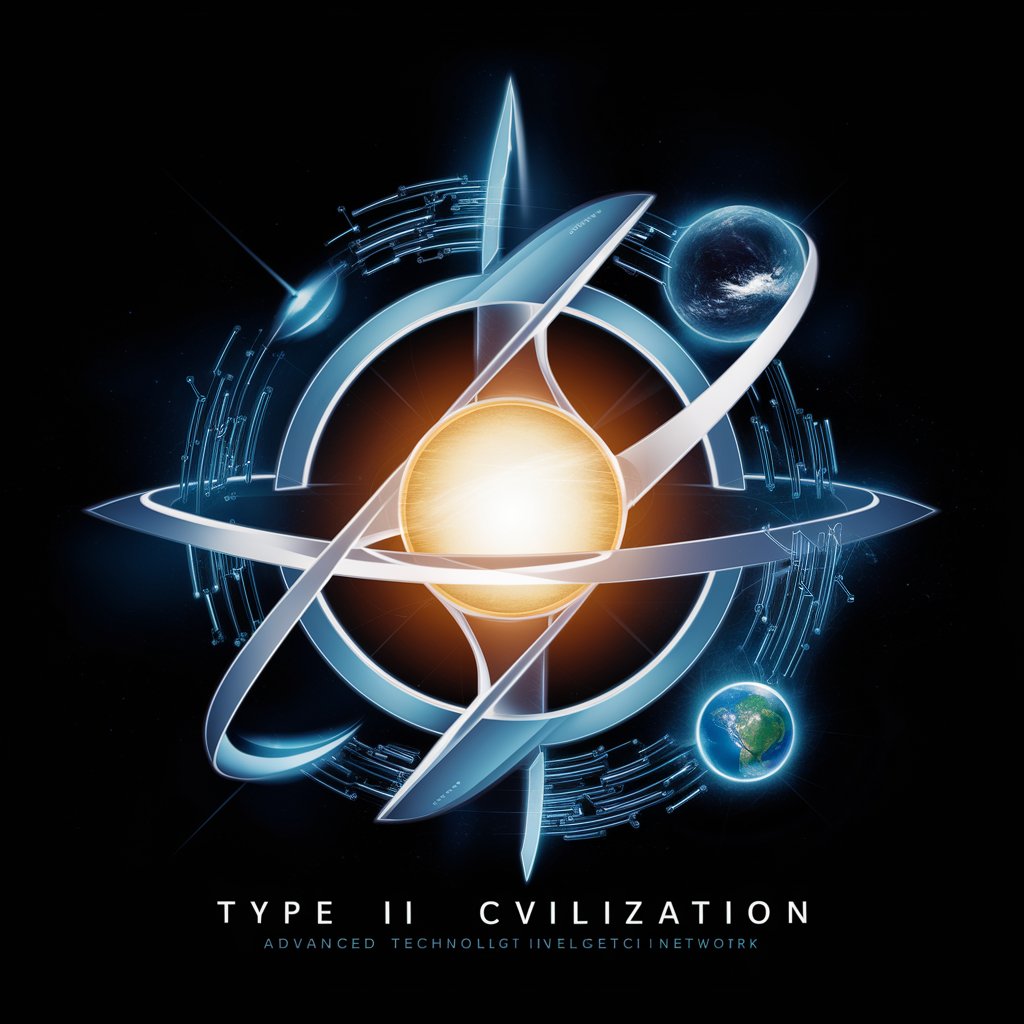
Key Attributes and Functions
AI GPTs for Speculative Science boast unique characteristics and capabilities, setting them apart in their field. These include advanced language understanding to grasp complex scientific jargon, adaptability to various speculative science tasks, and the capacity for deep data analysis. Special features may encompass image creation for visualizing theoretical concepts, technical support for scientific research, and web searching abilities to gather the latest speculative science insights. Their flexibility allows for customization, catering to both simple explorations and intricate theoretical modeling.
Intended Users of Speculative Science GPTs
The primary users of AI GPTs for Speculative Science range from novices with a keen interest in future scientific possibilities to developers and professionals working within speculative science fields. These tools are designed to be accessible to individuals without programming skills, offering user-friendly interfaces, while also providing extensive customization options for those with coding expertise. This broad accessibility ensures that a wide audience can benefit from the insights and capabilities offered by these GPTs.
Try Our other AI GPTs tools for Free
Einstein Simulation
Discover AI-powered Einstein Simulation tools designed to bring Albert Einstein's theories and thought processes to life. Ideal for educators, students, and researchers.
Calendar Management
Discover how AI GPTs for Calendar Management can transform your scheduling tasks with advanced, intuitive tools designed for efficiency and ease of use.
Reminder Setup
Discover how AI GPTs revolutionize Reminder Setup with advanced scheduling, natural language understanding, and personalized notifications, streamlining your time management effortlessly.
eCommerce Support
Discover AI-powered GPT tools tailored for eCommerce support, enhancing customer service, and providing valuable market insights.
Learning Kubernetes
Unlock the complexities of Kubernetes with AI-driven GPT tools, designed for learners at all levels. Experience personalized tutorials, real-world exercises, and technical support to master Kubernetes efficiently.
Combat Tactics
Explore how AI GPTs for Combat Tactics revolutionize strategic planning and decision-making in military operations, offering adaptive, intelligent solutions for a dynamic battlefield.
Further Exploration with GPTs
AI GPTs for Speculative Science offer customized solutions across various sectors, enhancing the way we approach theoretical and futuristic scientific inquiries. Their user-friendly interfaces and integration capabilities make them a valuable tool for both seasoned researchers and those new to speculative science, opening up new avenues for discovery and innovation.
Frequently Asked Questions
What exactly is Speculative Science in the context of AI GPTs?
Speculative Science in the context of AI GPTs refers to the exploration and modeling of future, theoretical, or emerging scientific concepts through the use of advanced AI technology. These tools can simulate and predict future scientific discoveries, making theoretical science more accessible.
How do these GPTs adapt to different speculative science tasks?
Through advanced algorithms and learning capabilities, AI GPTs can adjust their operations based on the task at hand, whether it's generating theoretical models, analyzing data, or creating visualizations of speculative concepts.
Can non-technical users easily navigate these tools?
Yes, these tools are designed with user-friendly interfaces that allow non-technical users to easily navigate and utilize their functionalities, making speculative science more accessible to a broader audience.
Are there customization options for users with programming skills?
Absolutely. For those with programming skills, these GPTs offer extensive APIs and customization options, allowing for more precise and tailored applications within the speculative science domain.
What types of speculative science can these GPTs explore?
These GPTs are capable of exploring a wide range of speculative sciences, from quantum computing and space exploration to theoretical physics and future technological advancements.
How do AI GPTs for Speculative Science stay updated with the latest research?
These tools continuously learn from a vast array of scientific publications, databases, and current research findings, ensuring they remain at the forefront of speculative science exploration.
Can these tools integrate with existing scientific research workflows?
Yes, many AI GPTs are designed to seamlessly integrate with existing research workflows, providing additional analysis, data processing capabilities, and theoretical insights to support ongoing scientific research.
What are the limitations of using AI GPTs in speculative science?
While AI GPTs offer significant advantages, they are limited by the quality and scope of the data they are trained on. Misinterpretations and biases in data can lead to inaccuracies in theoretical models and predictions.